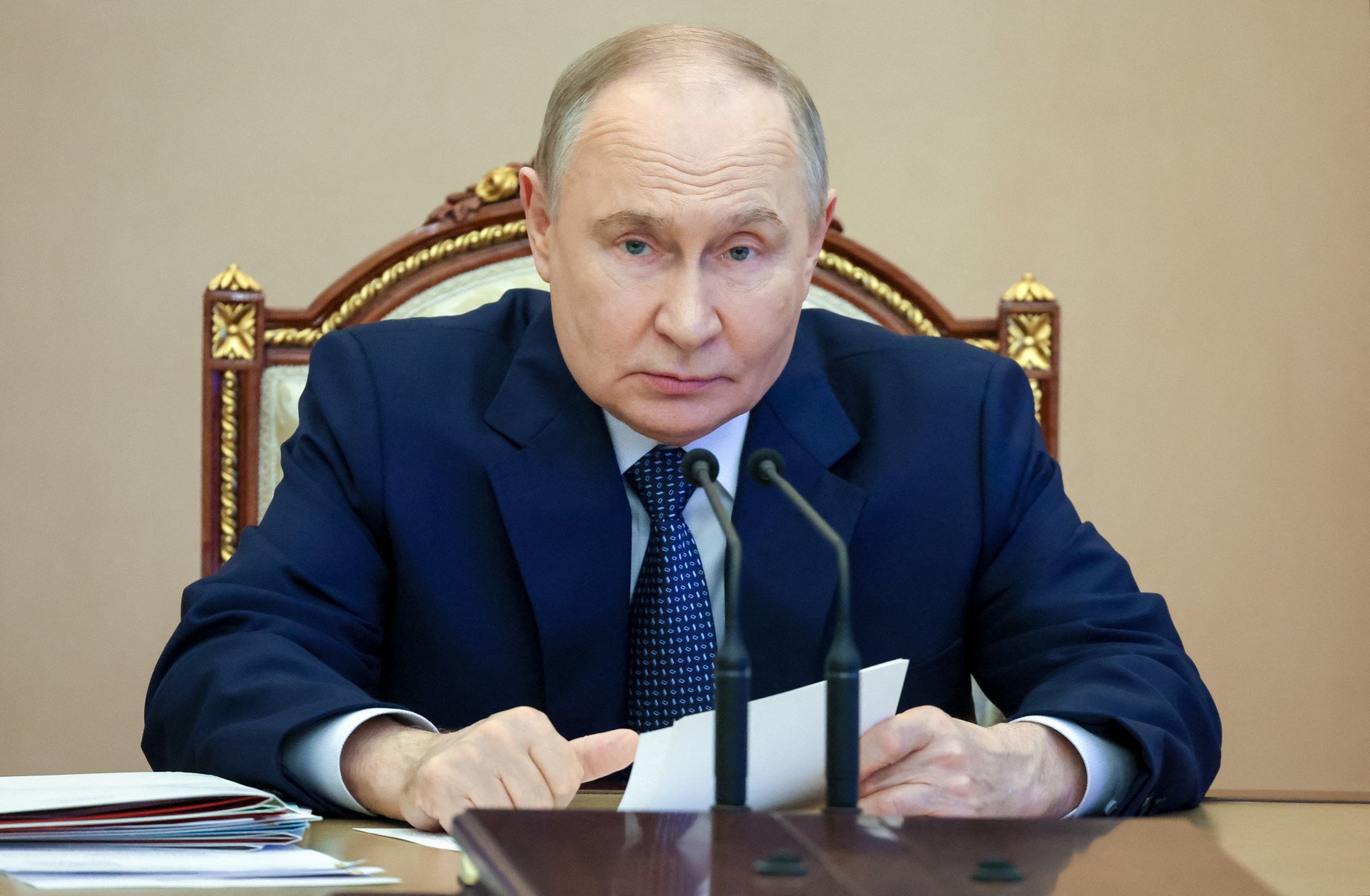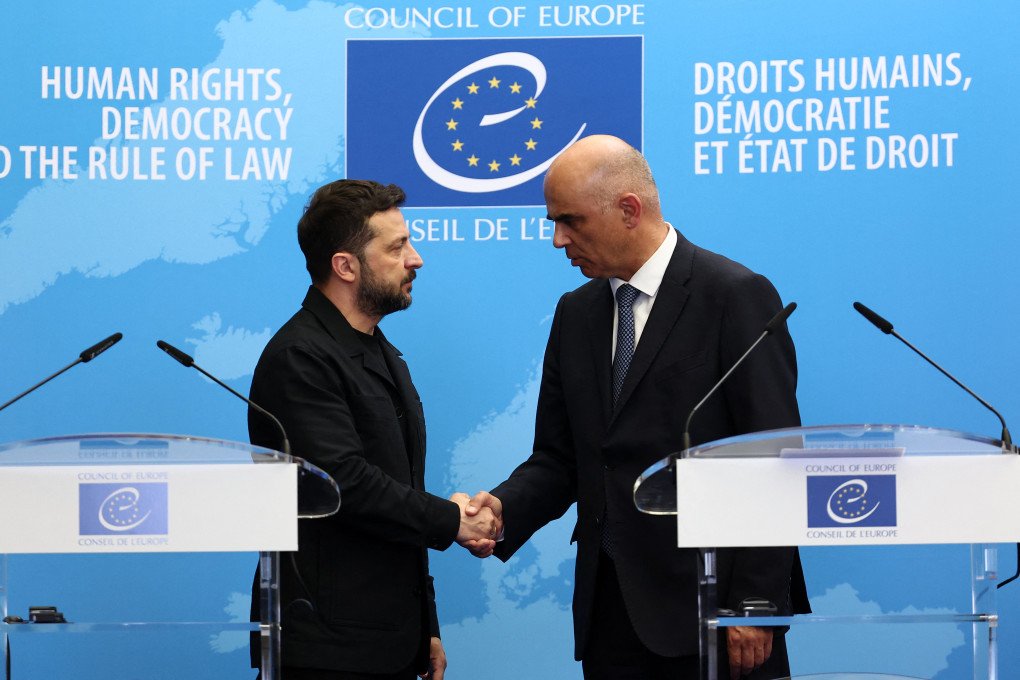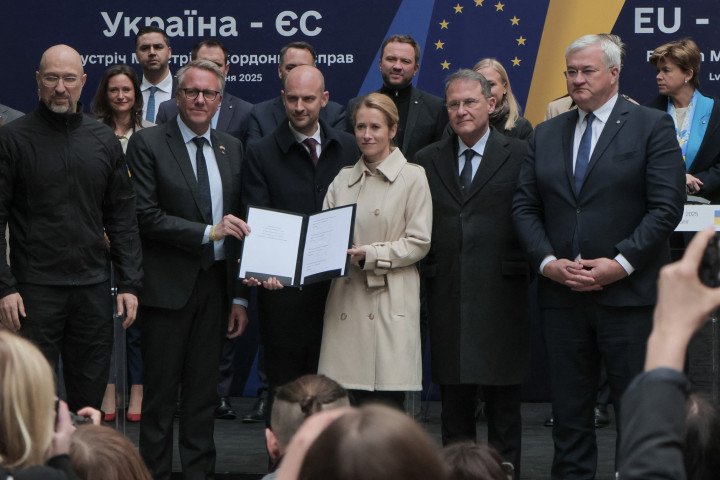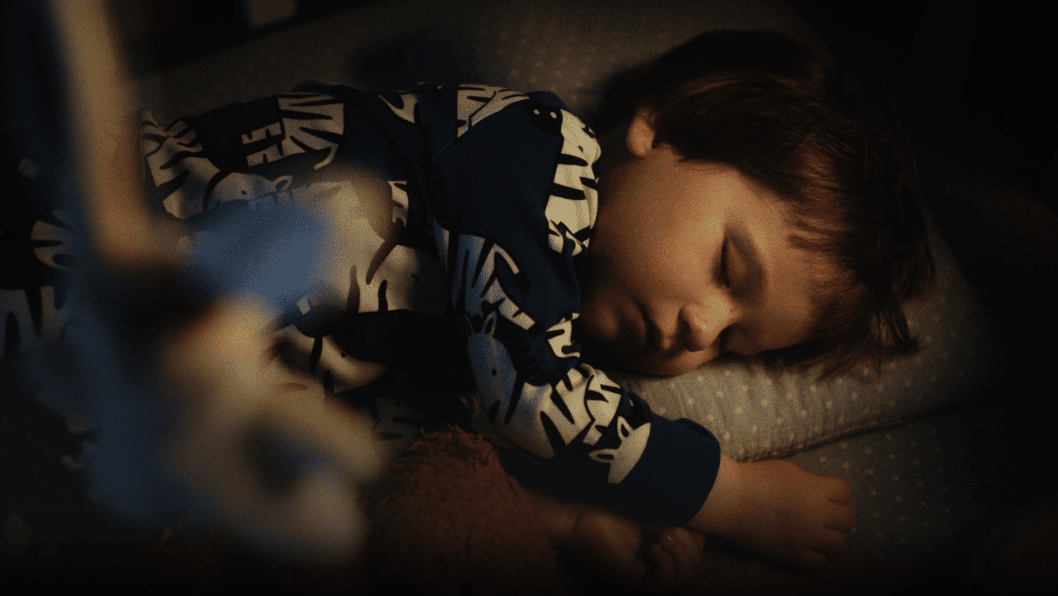- Category
- War in Ukraine
The Court That Will Try Putin in The Hague: What the Special Tribunal Is and Why It Matters

What is the Special Tribunal Ukraine and the Council of Europe just signed, and why could it change international law and bring Vladimir Putin to justice?
A historic signature marked a turning point in international law on June 25, 2025. In Strasbourg, Ukrainian President Volodymyr Zelenskyy and Council of Europe Secretary General Alain Berset officially launched the Special Tribunal for the Crime of Aggression Against Ukraine, created in response to Russia’s full-scale invasion.
“Today, we are launching the process to create a tribunal for Russia’s crime of aggression against Ukraine,” said Zelenskyy after signing the document. “Every war criminal must know there will be justice. That includes Russia.”
The Tribunal will prosecute Russia’s senior political and military leadership for the crime of aggression—the original act that underpins all other atrocities of the war, from the Bucha and Mariupol massacres to the mass deportation of Ukrainian children.
Why the ICC can’t do it alone
The International Criminal Court (ICC) in The Hague is already investigating Russian war crimes and has issued arrest warrants, including one for Russian leader Vladimir Putin. But the ICC cannot prosecute the crime of aggression unless both countries involved have ratified the Rome Statute. Ukraine has. Russia hasn’t—and won’t.
The result is a legal loophole that has, until now, protected the Kremlin’s top leadership from being held accountable for launching the war. The Special Tribunal fills that gap, ensuring that no aggressor is above the law.

How the Special Tribunal works
The Special Tribunal is established through a treaty between Ukraine and the Council of Europe, with a clear mandate: to prosecute Russia’s senior political and military leadership for the crime of aggression—the decision to use armed force against another state in violation of the UN Charter.
Unlike other war crimes, the crime of aggression is known as a “leadership crime.” It targets those who planned, prepared, or initiated the war. The Tribunal is international, impartial, and grounded in human rights standards. Its message is clear: launching a war of aggression must result in accountability, not impunity.
The Tribunal will:
Focus on top leadership: Only those with “decision-making authority” over the war can be tried. Proceedings can happen even if defendants are not physically present, which is critical given Russia’s refusal to extradite officials.
Complement the ICC: While the ICC handles war crimes, crimes against humanity, and genocide, this tribunal will prosecute the crime of aggression.
The establishment of the Special Tribunal means justice is not abstract. It is measured in human lives, like the destruction of homes in Mariupol, the mass abduction of children, and the hospitals, churches, and schools leveled by Russian missiles.
The Special Tribunal will make sure that justice means compensation, return, and punishment, and set a precedent:
Russia must bear full financial responsibility for its war of aggression.
Frozen Russian assets, particularly in Europe, must be redirected to reconstruction and victim compensation, not returned to fuel further violence or corruption.
War must become economically unsustainable for any state that tries to emulate Russia’s actions.
-468b36f05e43502a035bc3f202b7d61a.png)
Who is behind the Special Tribunal?
The Special Tribunal is backed by a Core Group of over 35 countries, including Ukraine, most EU member states, the United Kingdom, Canada, Japan, and the United States. The Council of Europe also supports it financially and diplomatically.
The move has been three years in the making and now enjoys backing from nearly all Council of Europe members as well as the G7 nations.
The unity of these nations helped isolate Russia diplomatically while providing Ukraine with critical defense aid, humanitarian support, and shelter for millions of displaced civilians.

The push for the tribunal began early. Back in March 2022, Ukraine’s Ministry of Foreign Affairs was among the first to call for a special mechanism to hold Russia’s leadership accountable for the crime of aggression. Since then, the MFA has played a key role in rallying diplomatic support and shaping the international legal response to Russia’s invasion.
“We are fighting against an enemy that is much stronger than us,” said Ukraine’s then-Foreign Minister, Dmytro Kuleba, speaking from the back of a car in Ukraine via video link to an event at London’s Chatham House. “But international law is on our side, and hopefully it will make its own contribution to help us prevail. The question now is how the international community will respond.”
What comes next?
With the legal foundation now in place, the next step is turning the treaty into a functioning court. This means finalizing the tribunal’s structure, appointing judges and prosecutors, and coordinating with Ukraine’s national justice system to gather evidence and streamline procedures.
This broad support for the Special Tribunal also signals a growing international consensus: Russia’s top leadership must be held accountable, not just for atrocities committed during the war, but for starting it.
Ukraine’s Deputy Head of the President’s Office, Iryna Mudra, has said the tribunal could become operational in 2026.
While senior Russian officials—including Vladimir Putin and Sergei Shoigu—currently enjoy state immunity under international law while in office, that protection isn’t permanent. The tribunal can issue indictments in absentia and keep arrest warrants on record.
In practical terms, justice is patient. The day may come when these individuals lose power, defect, or travel to jurisdictions that cooperate with the tribunal. When that happens, prosecution becomes possible.
Just as the Nuremberg Trials held Nazi leaders accountable post-World War II, the Special Tribunal aims to do the same for Russia’s 21st-century war of aggression. By criminalizing the act of invasion itself, this court makes a crucial step toward not only justice but deterrence.



-554f0711f15a880af68b2550a739eee4.jpg)



-206008aed5f329e86c52788e3e423f23.jpg)
-1afe8933c743567b9dae4cc5225a73cb.png)
-46f6afa2f66d31ff3df8ea1a8f5524ec.jpg)